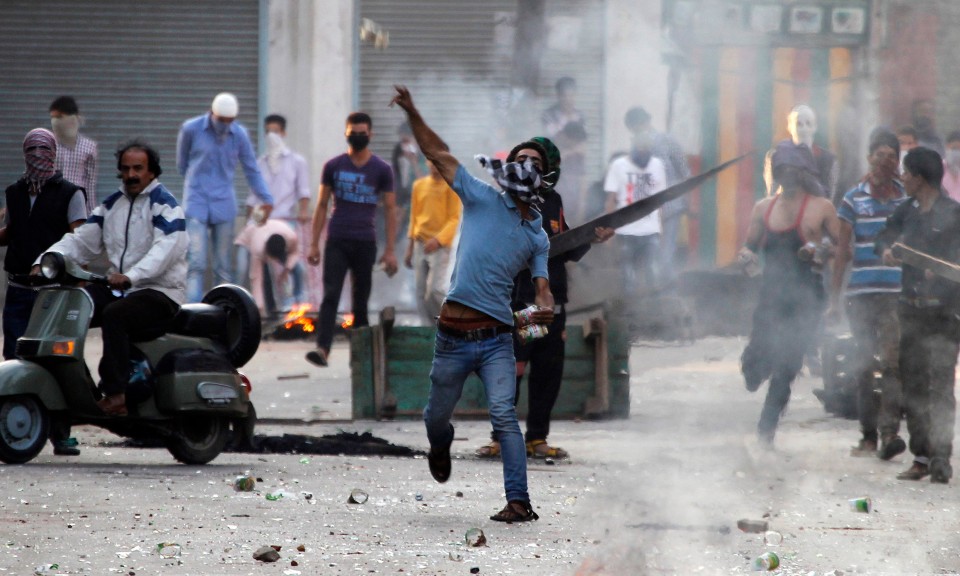On October 11, somewhere in the Kashmir valley, another bright youth’s life was ended abruptly. Mannan Wani, a member of Hizbul Mujahideen who was killed in an encounter at Satgund village in Kashmir’s Kupwara district, was a PhD candidate not so long ago.
A researcher in applied geology, Wani’s was admired for his academic work as well as his student activism. He wrote several articles and was considered an ‘icon’ by his family and locals.
However, the death of this academic turned rebel is not the only one of its kind. Not long ago, we read about the killing of another academic-turned-armed rebel Mohammad Rafi Bhat. And, indeed, various reports from the valley suggest that several other educated Kashmiri youth are turning to armed protest as a way to fight the Indian military presence in the state. Kashmir’s disappointment with the ongoing violence can be seen in the writings of its politicians, journalists, activists and students.
If we consider Kashmir a part of us – geographically, socially and emotionally – then we should realise that the Indians who suffer the most today are Kashmiris. Especially the youth.
A while ago, in what feels like another era, there was a Nehruvian, humanistic, policy towards Kashmir. There were some promises. Promise of plebiscite. A dignified life. Political autonomy. Self determination. We need to talk about these again.
We need to challenge the half-baked political discourse and coverage in the media by asking for facts and looking for alternative sources of information, which would give us a more authentic, comprehensive account of what is happening on the ground.
We need to question our government’s policies in Kashmir, and focus on how they impact Kashmiris – and we need to reiterate that asking questions is our democratic right, not something which makes us ‘anti-national’.
We, the youth, need to challenge what we are witnessing today: the arrogant, undemocratic, inhuman approach towards Kashmir, its people and their aspirations. We should not allow this heavy-handed to continue unchallenged. We should demand that our political establishment listen to people of Kashmir.
Before that, we need to address some other uncomfortable facts. We should ask ourselves why the funerals for men who have been branded “terrorists” attract thousands of mourners. We should also reflect on why 90 percent of Kashmir’s population, and even its political parties, are disillusioned with the electoral process.
We should do something before Kashmir loses more Mannan Wanis and Rafi Bhats. Even as Kashmiris have full right to decide their own future and India to be concerned about its own security, we, the youth of this democratic nation, should practise our moral and constitutional duty to question authority, especially on matters that adversely affect an entire population, including thousands of its youth.
Muhammed Sabith is an independent journalist and academic form Kerala. He currently works as a guest faculty at Pondicherry University’s Mahe Centre, Mahe.
Featured image credit: Reuters

